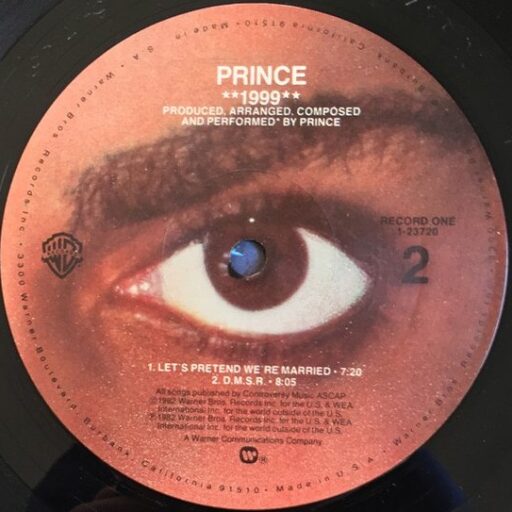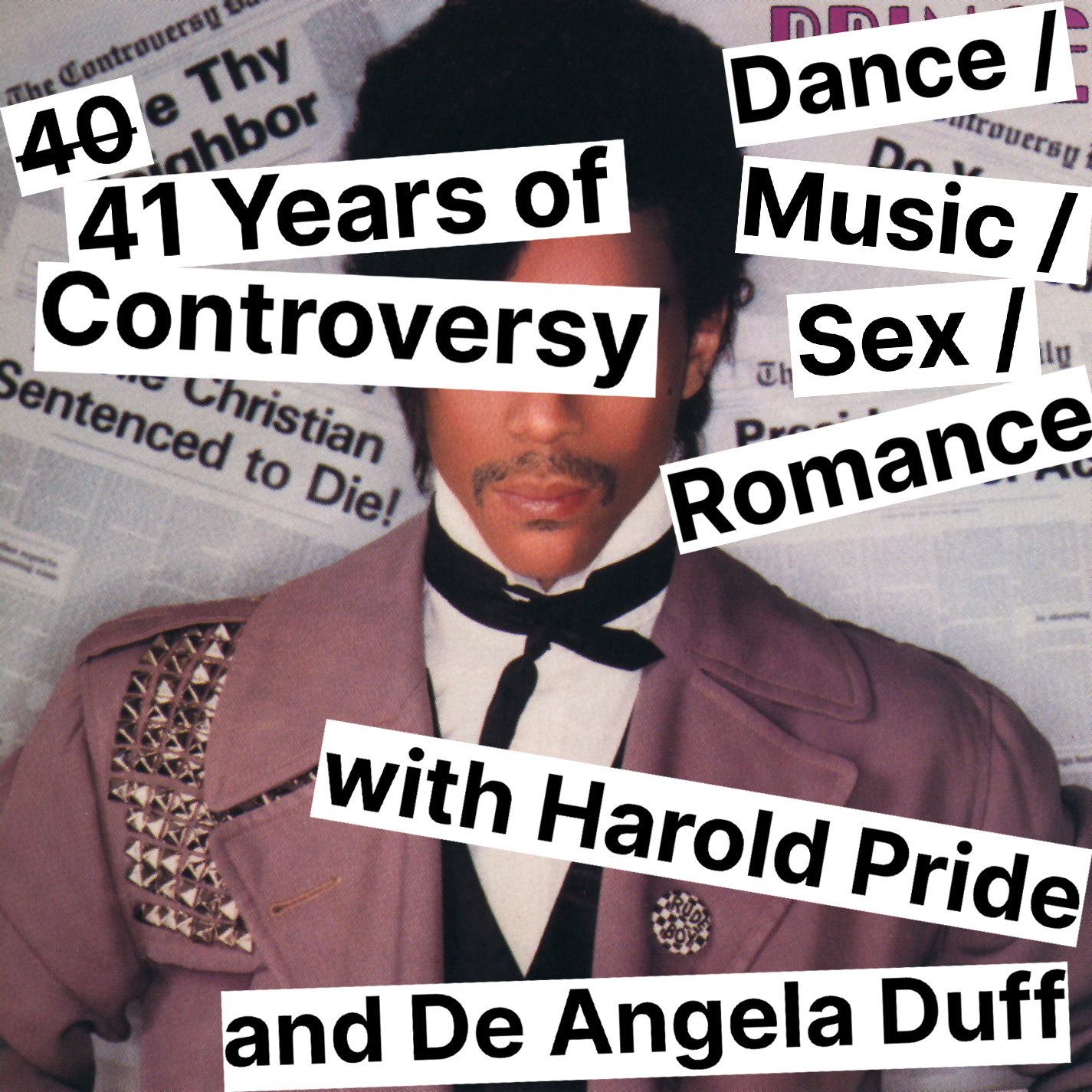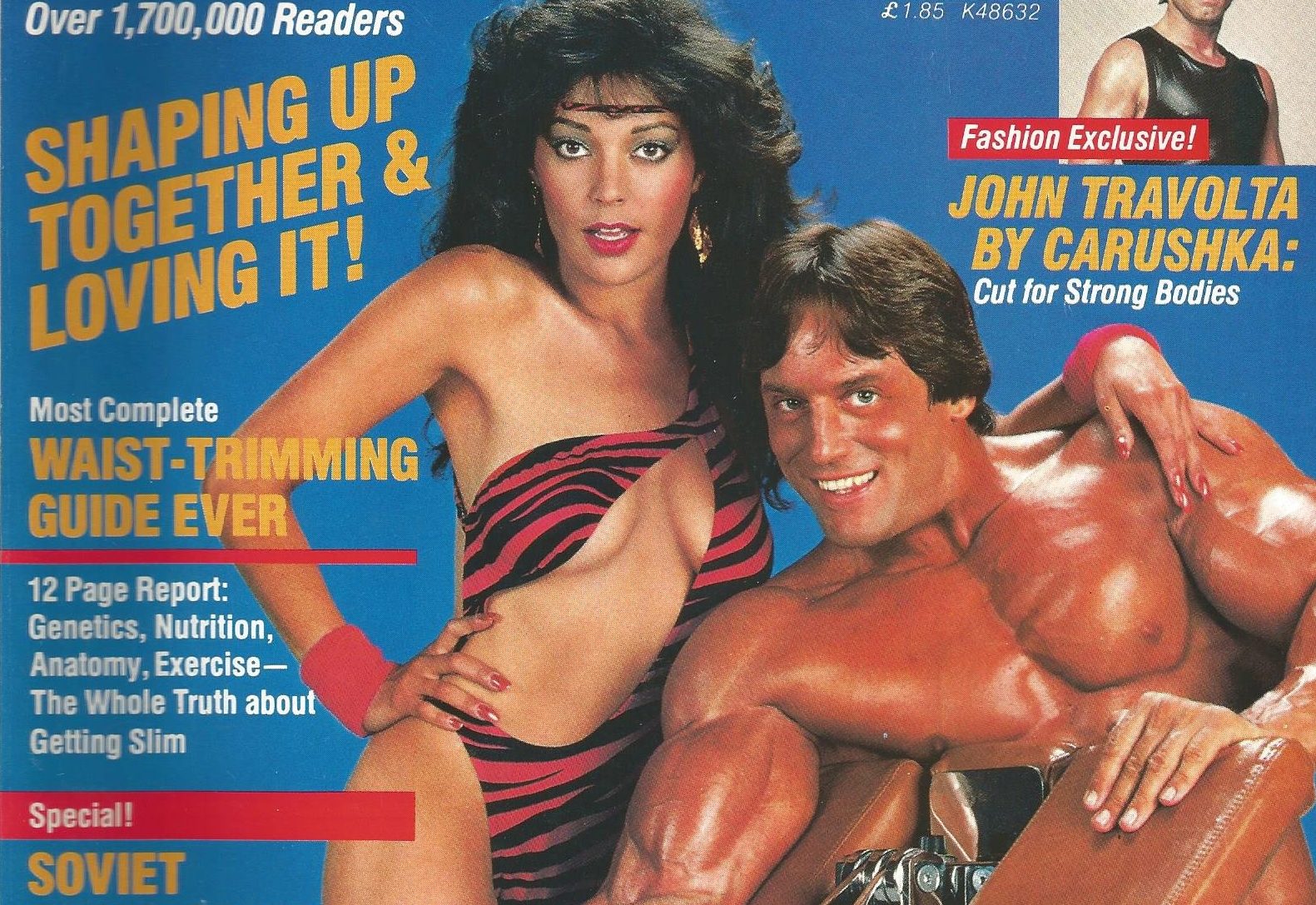Tag: jamie starr
-
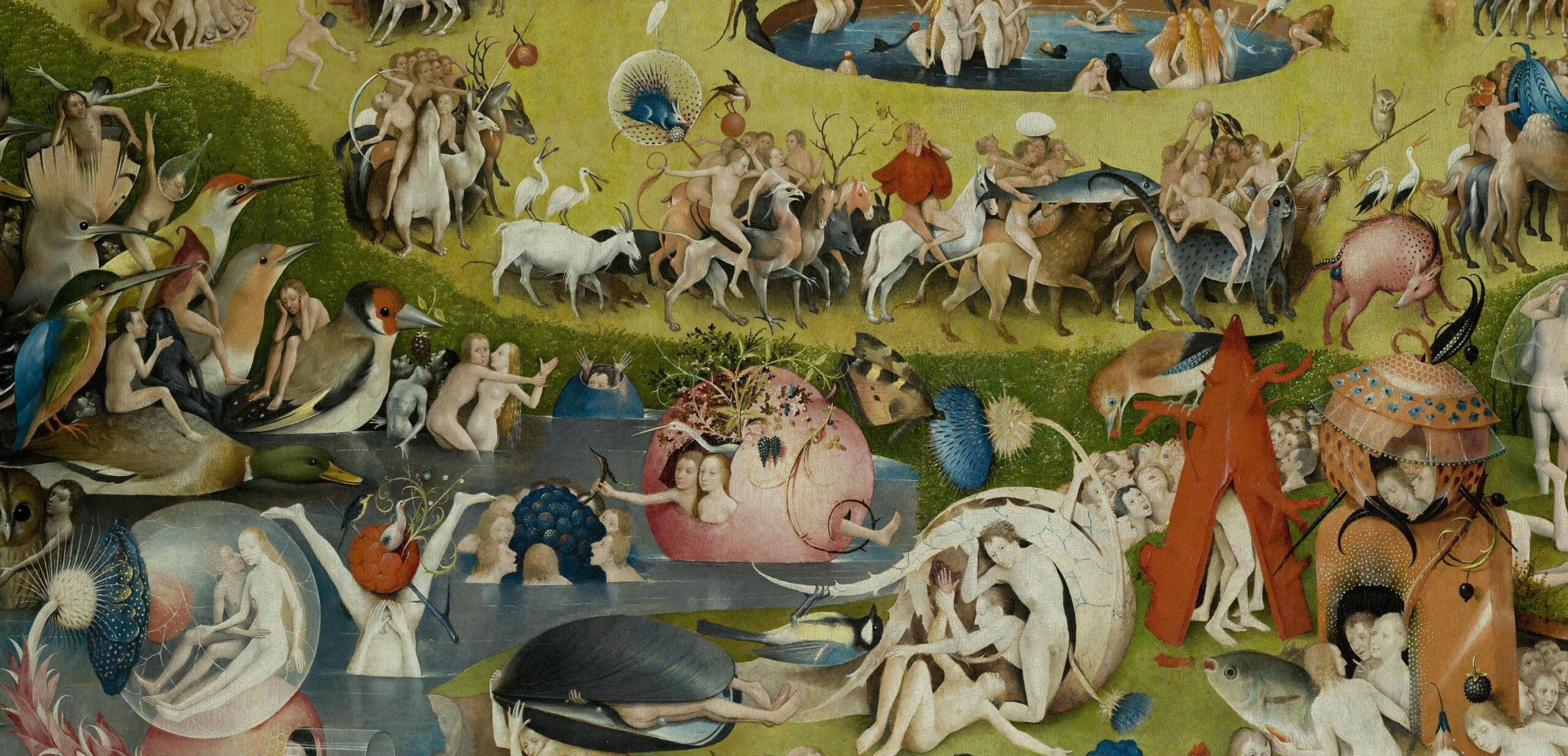
Love and Sex (1984)
When Prince mentions “the upper room,” he seems to be literally referencing Heaven; and when he sings, “Will He let you hurt me in the upper room?”, he’s asking if God will allow him to fuck there.
-
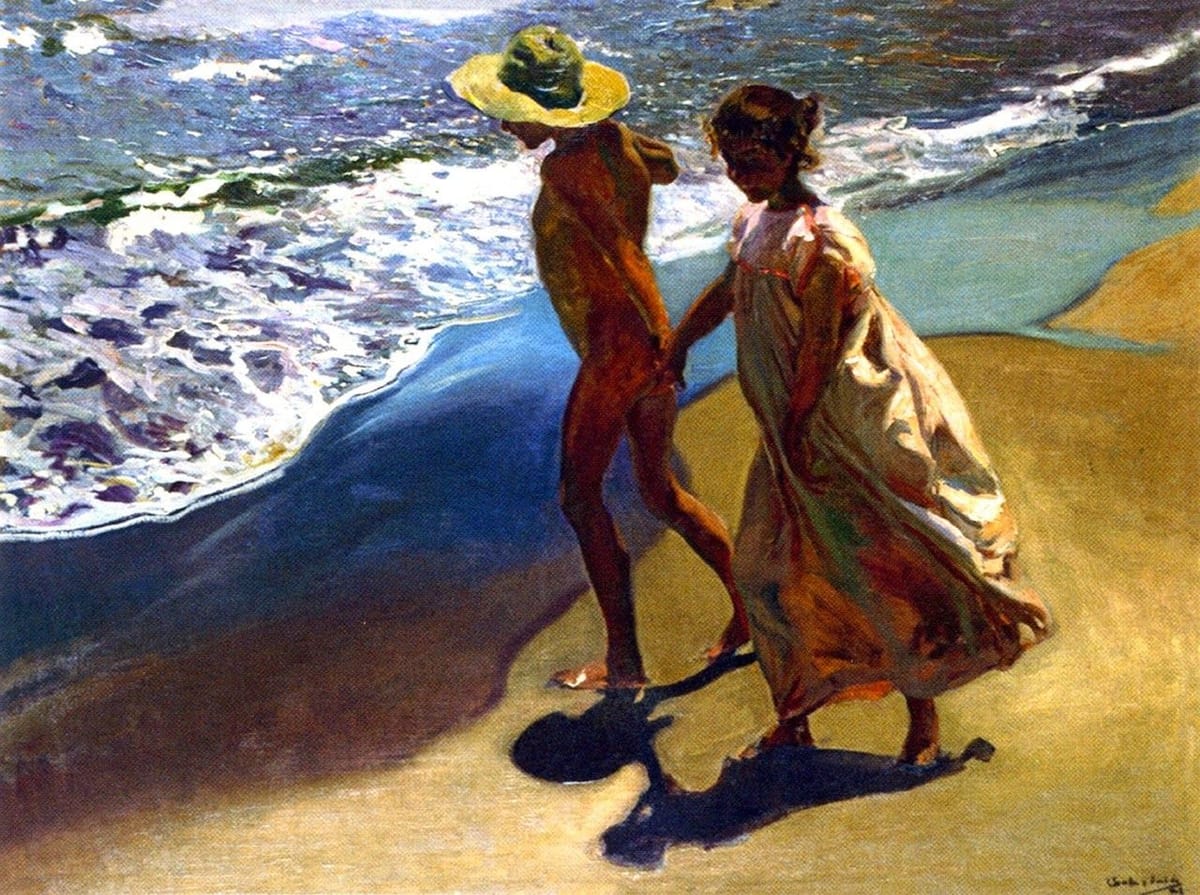
In a Spanish Villa
Yet another example of how Prince’s musical palette had broadened–and of how Apollonia 6 just may be one of the brightest hidden gems in his catalogue.
-

Sugar Walls
“Sugar Walls” isn’t just risqué for Sheena Easton; it’s risqué even for Prince, delving with near-gynecological intimacy into the mechanics of female arousal.
